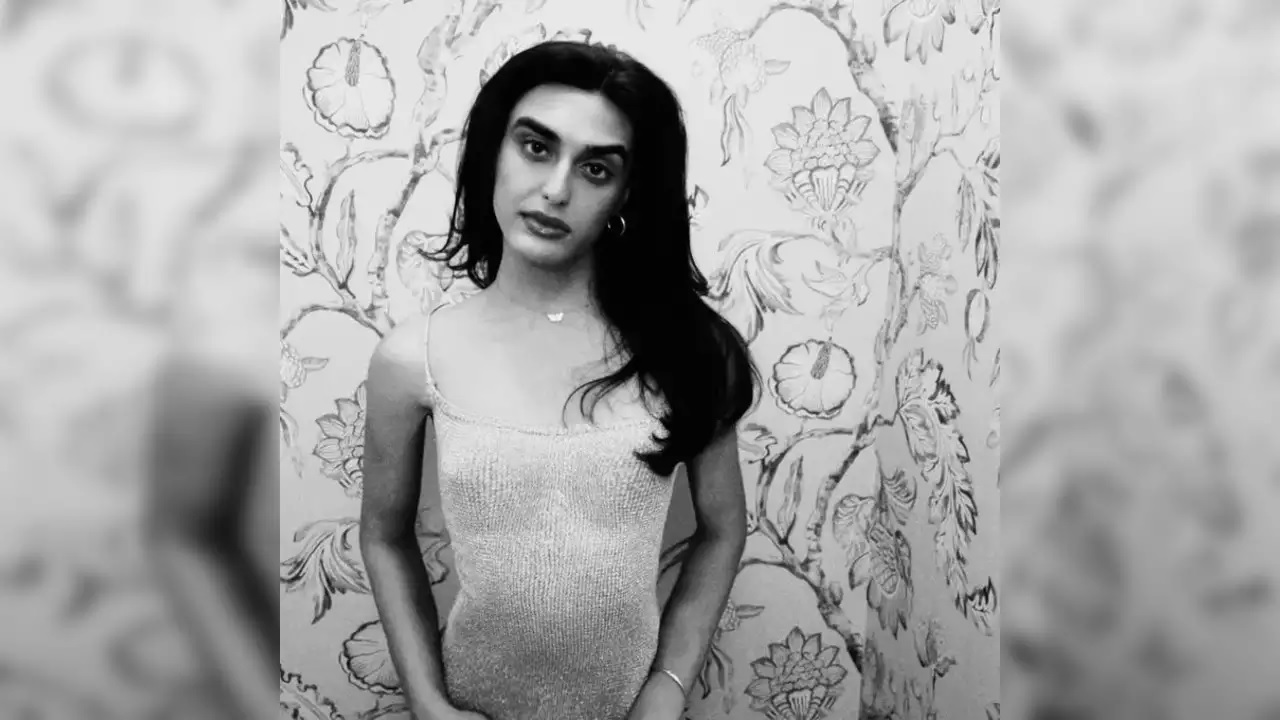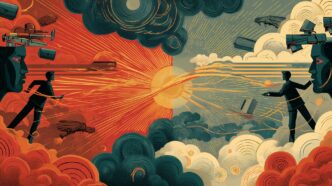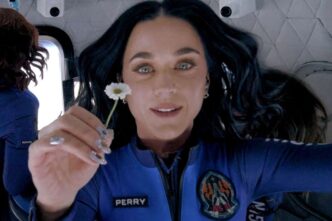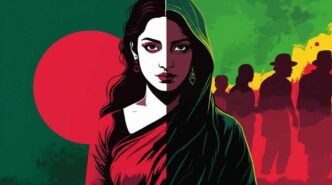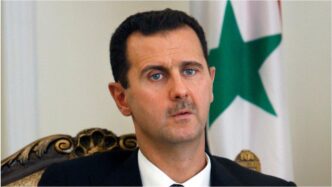Afghan-born American writer Khaled Hosseini is best known for his novels The Kite Runner, A Thousand Splendid Suns, and many more. The bestselling author whose work has been under light for both literary and political criticism, took to social media on July 13, 2022 to celebrate his daughter, Haris, for coming out as transgender.
In a heartfelt Instagram post, Hosseini praised his daughter for teaching him and their family “about bravery,” “truth” and “what it means to live authentically.” He also acknowledged the struggles which come with transitioning. “I have known about Haris’ journey since last year and I’ve watched her navigate some very trying personal times,” he writes, and goes on to add, “Transitioning is such a complicated undertaking—emotionally, physically, socially, psychologically—but Haris has met each challenge with grace, patience, and wisdom. As a father, I have never been prouder of her. I am delighted to now have not one but two beautiful daughters. Most of all, I am inspired by Haris’ fearlessness, her courage to share with the world her true self.”
Whether or not one supports Hosseini’s work and his activism, this post has left no doubt about Hosseini as a supportive and loving father. While many LBGTQ+ organizations, advocates, and parents of other transgender children have commended the author’s support and resonated with his show of love and gratitude, there is a certain part of the world that opposes his support and his daughter’s decision.
As a Muslim author, he has been quite vocal about the injustices in the Western world toward Muslims. Moreover, in his works, he has not only reminisced his childhood days in Afghanistan but also shed light on the political situation of Afghanistan, the treatment of women, and the power dichotomy which persists in almost every binary society. When The Kite Runner was released in 2003, it quickly rose to prominence and was printed in 70 different countries. Although some of the story is based on Hossein’s youth, the rest of it is fiction.
Despite this praise, the book was never published in Afghanistan, and The Culture Ministry outlawed the movie in Kabul in 2008.
Din Mohammad Rashed Mubarez, the deputy minister of the Ministry of Information and Culture, said that the Afghan government had banned the film due to the scene depicting the rape scene of a young boy and the ethnic tensions that were highlighted in the film. He further argued that it illustrated Afghan ethnic groups negatively. He went on to say, “We respect freedom of speech, we support freedom of speech, but unfortunately, we have difficulties in Afghan society, and if this film is shown in the cinemas, it is humiliating for one of our ethnic groups.”
Similarly, in his daughter’s case, conservative Muslim communities in countries like Afghanistan opposed the entire ordeal. Although the Haris’ news is still fresh, it can be assumed that this opposition stems from religious dogmas.
Two fatwas (state-enforced points in Islamic countries) were published in the late 1980s in response to an actual case of an assigned male-at-birth transgender person who was permitted to receive genital reconstructive surgery. Initially, these fatwas were supported as examples of Islam’s tolerance and advancement of transgender Muslims. However, due to the overwhelming and increasing number of Islamic conservatives that still dominate Iran and other Muslim nations, Muslim transgender women continue to experience increased transphobia, prejudice, injustice, violence, and persecution. It might be worth keeping in mind that this mindset contradicts many tenets of Islam with no clear answers or solutions. This conservative belief is found in almost all Islamic communities in other countries. This circumstance might allude to the lack of support Hosseini’s work and his daughter receive.
In light of the gender identity debate, interpretation of some religious scriptures might drive the parents into abandoning, if not ostracizing, their children in such decisions.
It also questions how religion, which at its core, promotes love and equality, is discriminatory in situations like this. Despite religious and social opposition, Hosseini’s heartwarming message resonates with parents being their children’s prime supporters in discovering themselves against all odds. As with any prominent figure, Hosseini and his daughter’s actions have both supporters and opposers. In a world where the fight for owning one’s gender identity often costs people their loved ones, Hosseini’s support for his daughter is quite powerful.
